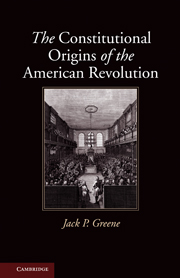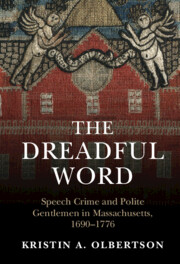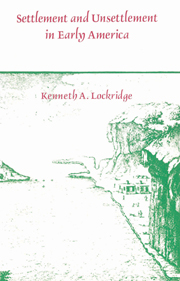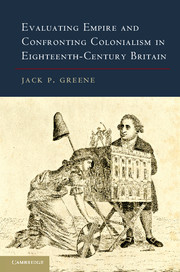The Constitutional Origins of the American Revolution
Using the British Empire as a case study, this succinct study argues that the establishment of overseas settlements in America created a problem of constitutional organization. The failure to resolve the resulting tensions led to the thirteen continental colonies seceding from the empire in 1776. Challenging those historians who have assumed that the British had the law on their side during the debates that led to the American Revolution, this volume argues that the empire had long exhibited a high degree of constitutional multiplicity, with each colony having its own discrete constitution. Contending that these constitutions cannot be conflated with the metropolitan British constitution, it argues that British refusal to accept the legitimacy of colonial understandings of the sanctity of the many colonial constitutions and the imperial constitution was the critical element leading to the American Revolution.
- The most succinct study of this aspect of the American Revolution
- Written in a narrative form
- A product of more than fifty years of study of the organization of the early modern British Empire and the origins of the American Revolution
Reviews & endorsements
“Who better than Jack Greene to bring us back to the unfinished business of explaining how conflicting understandings of British law paved the path to revolution? The Constitutional Origins of the American Revolution makes clear exactly how uncertainties about the authority of the Crown and Parliament pushed the colonists from conciliation to intransigence.” – Joyce Appleby, University of California, Los Angeles
“The fruit of half a century of research and reflection, Greene’s masterly book restores legal pluralism and constitutional controversy to their proper place among the causes, course, and consequences of the American Revolution.” – David Armitage, Harvard University
“Jack P. Greene, one of the most gifted and prolific historians of our time, has given us a concise and incisive account of the constitutional origins of the American Revolution. It is a magnificent work of historical analysis – it should shape our understanding of the causes of the Revolution for decades to come.” – Richard R. Beeman, University of Pennsylvania
“In this book Jack P. Greene shows why he is the dean of the constitutional historians of the eighteenth-century British Empire: he presents us with the most incisive and deeply researched account of the constitutional origins of the American Revolution ever written.” – Gordon S. Wood, Brown University
"...this concise, lucidly written work is sure to become required reading for all upper-division and graduate classes on the American Revolution. Highly recommended." -Choice
"...an impressive work." -Gregory A. McBrayer, Political Science Quarterly
"...an impressive contribution to the study of legal history. Clear and succinct, its brevity will scare away neither the casual reader nor the beginning student, while its meticulously researched references will attract the seasoned scholar." -Stephen B. Tippins, The American Conservative
"...Greene has fashioned an invaluable and succinct guide to the constitutional interpretation of the Revolution, one that succeeds in off ering a clear alternative to dominant historical interpretations of the period and in placing both law and imperial relations at the heart of the discussion — where they belong." -Aziz Rana, The Journal of American History
"...an important statement of the constitutional position that Greene still insists in underappreciated by historians of the Revolution." -Michael P. Zuckert, The Journal of Southern History
Product details
November 2010Adobe eBook Reader
9780511904431
0 pages
0kg
This ISBN is for an eBook version which is distributed on our behalf by a third party.
Table of Contents
- Prologue: inheritance
- 1. Empire negotiated, 1689–1763
- 2. Empire confronted, 1764–6
- 3. Empire reconsidered, 1767–73
- 4. Empire shattered, 1774–6
- Epilogue: legacy.







